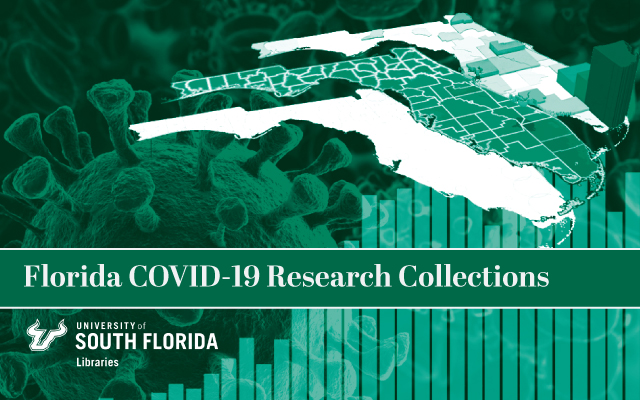
All publications
Document Type
Article
Publication Date
9-2020
DOI
https://doi.org/10.1126/sciadv.abb7906
Abstract
Mistrust of scientific evidence and government-issued guidelines is increasingly correlated with political affiliation. Survey evidence has documented skepticism in a diverse set of issues including climate change, vaccine hesitancy, and, most recently, COVID-19 risks. Less well understood is whether these beliefs alter high-stakes behavior. Combining GPS data for 2.7 million smartphone users in Florida and Texas with 2016 U.S. presidential election precinct-level results, we examine how conservative-media dismissals of hurricane advisories in 2017 influenced evacuation decisions. Likely Trump-voting Florida residents were 10 to 11 percentage points less likely to evacuate Hurricane Irma than Clinton voters (34% versus 45%), a gap not present in prior hurricanes. Results are robust to fine-grain geographic controls, which compare likely Clinton and Trump voters living within 150 m of each other. The rapid surge in media-led suspicion of hurricane forecasts—and the resulting divide in self-protective measures—illustrates a large behavioral consequence of science denialism.
Rights Information

This work is licensed under a Creative Commons Attribution-Noncommercial 4.0 License
Citation / Publisher Attribution
Science Advances, v. 6, no. 37, art. eabb7906
Scholar Commons Citation
Long, Elisa F.; Chen, M. Keith; and Rohla, Ryne, "Political Storms: Emergent Partisan Skepticism of Hurricane Risks" (2020). All publications. 14.
https://digitalcommons.usf.edu/usf_fcrc_all/14

